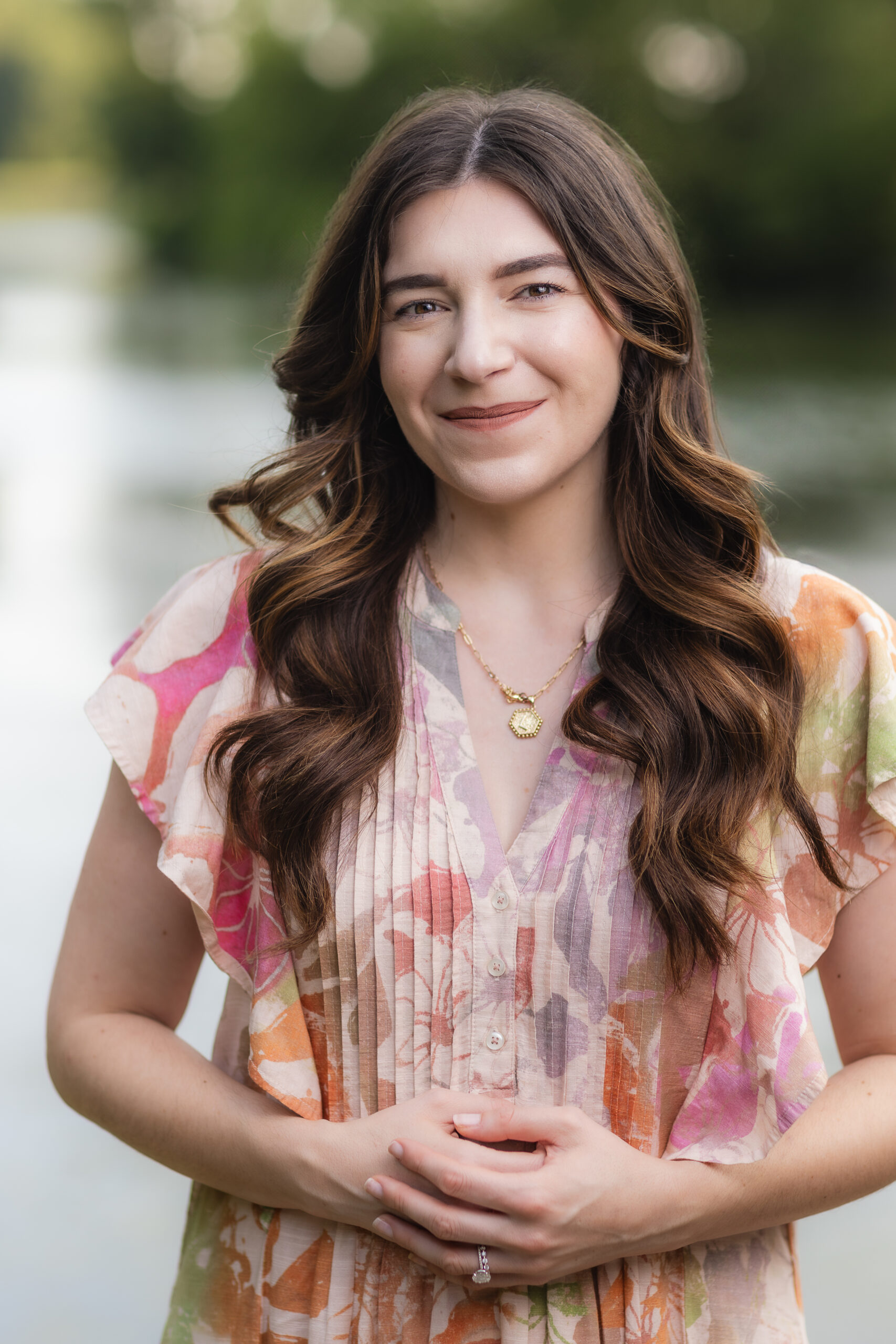Will I ever recover from ARFID? This is a question that I get often from clients diagnosed with ARFID. In short, the answer is “yes!”. Keeping in mind that recovery will look different for everyone and that is okay! There is not one way to be fully recovered from ARFID. Keep reading to learn how to overcome ARFID.
Please note: this blog is not intended for diagnostic purposes. If you think you are struggling with ARFID (or any other feeding or eating disorder) please consult your doctor, your dietician or your therapist.) You deserve treatment.
Before we talk about ARFID recovery, let’s take a brief look at what ARFID actually is. ARFID stands for Avoidant Restrictive Food Intake Disorder. Essentially, an eating disorder that causes a person to have strong aversions from certain foods. This can also include the actual act of eating.
Types of ARFID
There are three subtypes of ARFID:
- Taste and texture avoidance
- Fear of aversive consequences (contamination, choking, vomiting)
- Overall lack of interest in food and eating
Treating ARFID
Now, let’s talk about how ARFID is treated. The most common treatment for ARFID is doing exposures with a trained dietitian, therapist, psychiatrist, or physician. An important factor in recovery is having a supportive team who is knowledgeable in treating ARFID. This would be comprised of a primary care physician, dietitian, therapist, and a psychiatrist if deemed necessary. Together, the team will collaborate and work through exposures with each client. Exposures can include specific foods or food related situations. Essentially, the client is expected to engage with a planned food or food situation in a controlled setting with their clinician. Doing exposures in safe settings help create a neutral environment so the client only needs to focus on the food or food situation at hand. To organize the exposures, hierarchy lists are typically developed and are arranged from “easiest” to “hardest”. This way, the client knows what to expect in treatment and can plan accordingly. The purpose of exposures is to create less anxiety around foods and food situations. The goal is for the client to then engage with these food or food situations in their daily life moving forward.
Overcoming ARFID Looks Different for Everyone
As previously mentioned, full recovery from ARFID will look different for other people. The general goal is that ARFID is no longer a major interference or stressor in the client’s life and is no longer significantly impacting one’s ability to nourish themself. For some people, this could mean full incorporation of their previous challenge/fear foods into daily life. For others, it might mean being able to now tolerate a few of their previous challenge/fear foods. In other examples, maybe a client is now able to order food from a restaurant without extreme anxiety or can now feed themself regular meals throughout the day and maintain their nourishment.
It is important to remind ourselves that ARFID recovery often takes time; time for the brain to adjust and not raise alarm bells when in the presence of challenging/fear foods and food situations. That’s why repeated exposures can be so helpful. Be kind and patient with yourself. It is important to remember that you set the pace for your own recovery journey.
Final Thoughts on How to Overcome ARFID
Recovery from ARFID is possible! Each person’s journey is unique, and it’s important to focus on individual progress rather than comparing to others. With time, patience, and the right support, individuals with ARFID can significantly improve their relationship with food and eating.
Please contact us if you think you or a loved one has ARFID. We’d love to answer any questions about ARFID nutrition treatment.
Contact Us
Courage to Nourish is a group of eating disorder specialized dietitians. We have in person locations in Alexandria, Virginia, Columbia, Maryland and College Park, Maryland. We offer virtual services across the state of Virginia, Washington DC, Pennsylvania, and Colorado. We offer individual nutrition therapy. As well as support groups. We would love to guide you in building a better relationship with food.
Contact us for more information. And to schedule a discovery call. Also, sign up for our client or clinician newsletter!
Take one of our eating disorder quizzes:

Lauren is an anti-diet eating disorder dietitian who specializes in working with kids/adolescents and their families and college students. She also specializes in ARFID nutrition and enjoys working with clients who have chronic health conditions and have been harmed by our medical system. Learn more about Lauren here.

